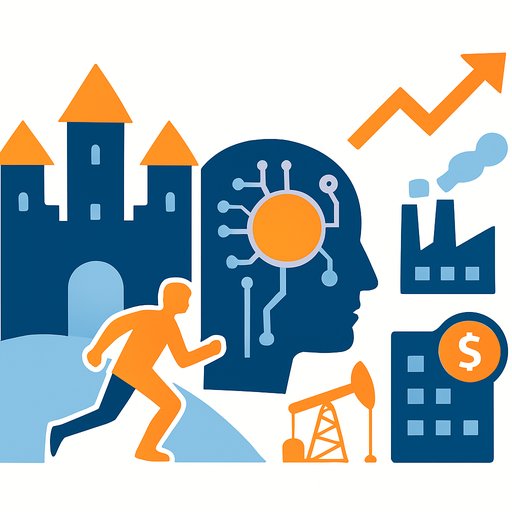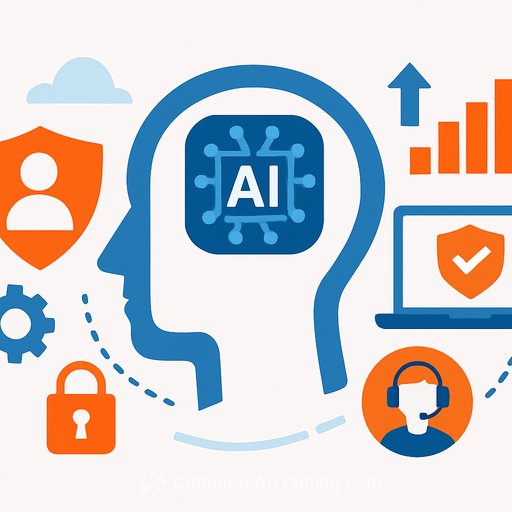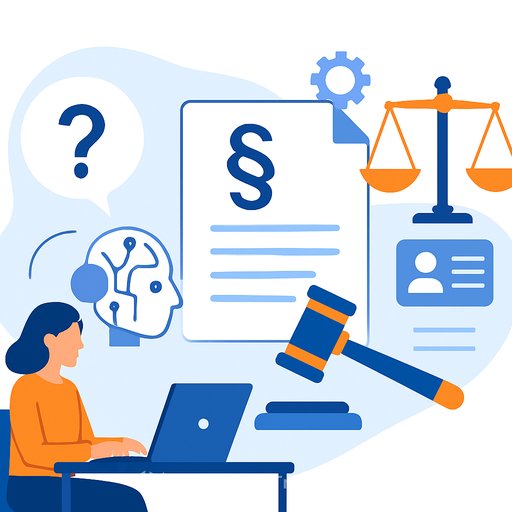Strategy, Wealth Management, AI, and the Value of Human Oversight
Artificial intelligence is changing banking and finance. Many believe AI will soon replace human roles entirely. But this view is premature and risky. Some finance tasks require human insight and should remain that way, at least for now.
Relying too much on AI can lead to misreading client needs and giving poor financial advice. This highlights why human judgment remains critical in finance.
The Role of AI in Wealth Management
AI in wealth management is advancing with tools that customize investment advice using real-time data and client behavior. These AI systems integrate with digital platforms, providing instant, automated guidance.
Regulators are developing guidelines to keep AI advice transparent, ethical, and compliant. A hybrid model combining AI with human expertise is gaining ground, enhancing client trust and decision-making. This blend is changing how wealth services operate by mixing technology with personal support.
"AI can analyze thousands of data points quickly to suggest asset allocation. But it can’t detect hesitation in a client’s voice or grasp cultural reasons behind their investment choices," explains Will Trout, director at Datos Insights. "The future isn’t AI replacing advisors; it’s AI boosting human intuition with precise data."
AI handles data efficiently but struggles with the nuances of individual client situations. Financial goals, risk tolerance, life stages, values, and priorities differ widely. Human advisors interpret these subtle cues and adjust advice accordingly. AI processes data but doesn’t understand the person behind it.
Practical Wealth Advisory Examples
Consider a client approaching retirement. They want to preserve wealth for heirs but also need liquidity and prefer ethical investments. AI might suggest a generic balanced portfolio based on risk. A human advisor digs deeper to align strategies with all these priorities, including estate planning nuances.
Wealth management often involves sensitive decisions—estate planning, retirement, economic uncertainty. Human advisors provide empathy, reassurance, and build long-term trust. They apply moral judgment balancing ethics and finances—something AI can’t replicate yet.
Humans also handle complex legal, tax, and regulatory details with context and discretion. They ask probing questions, challenge assumptions, and guide clients through uncertain areas. Such nuanced work requires human oversight beyond AI’s current capabilities.
AI is a powerful tool for insights and automating routine tasks. But human judgment ensures advice fits client values, emotions, and life circumstances. The future of wealth management lies in this partnership—humans providing empathy and nuance, AI delivering data-driven support.
For professionals interested in expanding their AI skills within finance, resources like Complete AI Training’s finance AI tools offer practical courses and tools to enhance expertise.
Your membership also unlocks:





